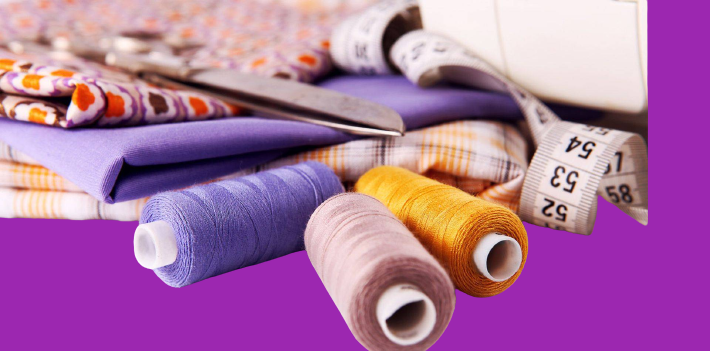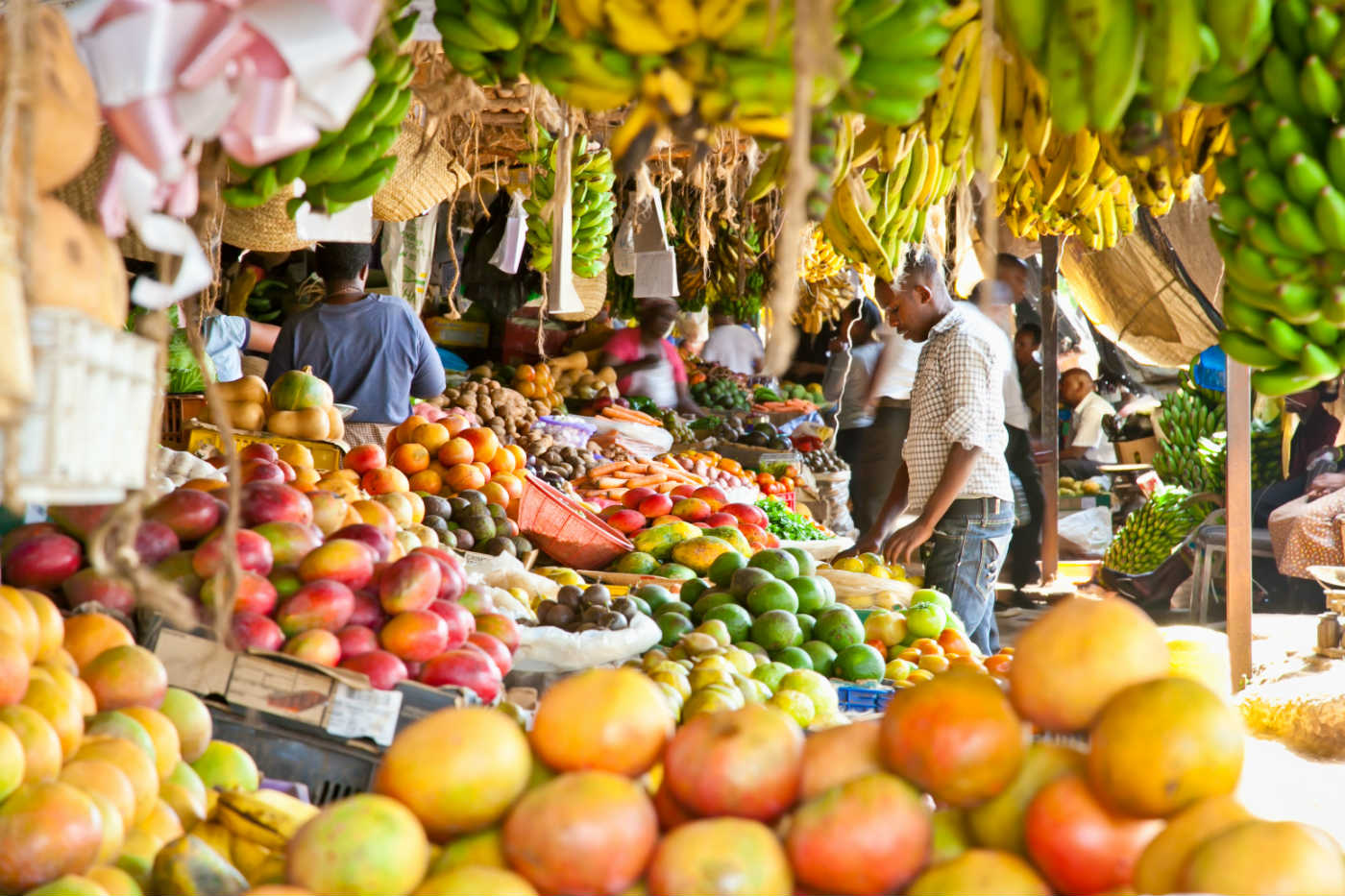There are enormous benefits of Africa made products emanating from their rich heritage and unique natural resources and mineral deposits. On this article, we will provide general information that can answer some of your questions on how to tap into the potential benefits of the Africa made products and how to improve the quality of your products to gain more visibility within the global market and achieve higher competitive advantage.
Recommended Adoptions of Model and/or Mechanism
1. Mechanisms that increase Potentials and Competitive Advantages of Made in Africa Products:
a. Diverse and abundant natural resources
b. Low-cost labor
c. Large and growing domestic market
d. Africa's strategic location for exports to major markets
e. Unique cultural designs and brands that can differentiate them from Western products
f. Potential for local value chains, creating jobs, and expanding wealth within the region.
Explanation of Recommended Model No.1
-
Abundant natural resources: Africa is home to a large variety of natural resources such as gold, diamonds, oil, and timber, which can be used to manufacture products. These resources can give African products a unique and attractive quality, which can help them stand out in global markets.
-
Low-cost manufacturing: Labor and production costs in Africa are generally low compared to other regions, allowing manufacturers to produce goods at a competitive rate. This lower cost of production can help to make African-made products more affordable for consumers.
-
Skilled workforce: Africa has a young and increasingly skilled workforce, with many Africans having gained expertise in various fields of manufacturing. This skill set can be used to create high-quality products that can compete with those being produced by other countries around the world.
-
Innovative designs: African designers are known for their innovative designs, which combine traditional motifs with modern elements. This unique style can be an advantage in the global market, where consumers are always looking for something new and different.
-
Cultural Exchange: African culture is rich and diverse, and products produced in Africa can provide an opportunity for cultural exchange with other parts of the world. This can help to create a better understanding of African culture, and provide a platform for African values to be shared with the rest of the world.
-
Growing demand: The demand for African-made products is increasing, both in Africa and abroad. This presents a great opportunity for African manufacturers to expand their market presence, improve their economies, and compete with other global brands.
-
Sustainable practices: Many African manufacturers, if not all, can focus on sustainable practices that protect the environment and promote social responsibility. This can be a competitive advantage, as consumers are increasingly seeking out products that are eco-friendly and socially responsible.
2. Mechanisms that increase The Improvement of Africa-made Products to Compete with Others Globally:
a. Improving quality standards
b. Adopting modern manufacturing technologies
c. Investing in research and development of new products
d. Reducing export tariffs and improving customs procedures
e. Encouraging private sector investment
f. Improving infrastructure such as transportation, electricity, and communication
g. Collaboration and partnerships with other countries to access technology, financing and export opportunities.
Explanation of Recommended Model No. 2
There are several ways in which African-made products can be improved to compete with others globally:
-
Quality control: African manufacturers need to ensure that their products meet international standards of quality. They can do this by investing in technology, training staff, and ensuring that their products are thoroughly tested before they are released to the market.
-
Branding and packaging: Having a unique brand identity and packaging can make African products standout in the global market. African brands need to create a story that resonates with consumers and sets them apart from other global brands.
-
Marketing and distribution: Investing in marketing and distribution can help African-made products reach a wider market. African manufacturers can collaborate with international distributors, participate in international trade shows, and utilize social media platforms to increase visibility.
-
Innovation: African-made products can be innovative by blending traditional techniques with modern technology to create unique products that appeal to consumers.
-
Government support: Governments can support African manufacturers by providing incentives, grants, and tax breaks to help them improve their products, invest in technology, and expand their markets.
Overall, improving African-made products requires a concerted effort by governments, manufacturers, and other stakeholders to create a conducive environment for innovation, quality control, branding, and marketing.
3. Mechanisms that increase The Benefits of Promoting Africa Made Products to The World:
a. Creates Jobs and Economic development
b. Gives local entrepreneurs an opportunity to compete globally
c. Encourages foreign investors and trading partners to find new opportunities
d. Fosters national pride and creates a positive image for Africa in the international community.
Explanation of Recommended Model No. 3
The benefits of promoting African made products are numerous, but here are a few lists of the potential benefits:
-
Supporting local economies: By promoting African-made products to the rest of the world, it can help to sustain local communities and economies by supporting local businesses and industries.
-
Preserving cultural heritage: African-made products are often inspired by centuries-old techniques, traditions and designs that are unique to the continent. By promoting them globally, the African culture and heritage is preserved and shared for generations to come.
-
Employment generation: As more and more people start buying African-made products, it will create employment opportunities for people in Africa leading to the creation of new jobs in various sectors like manufacturing, agriculture, service, among others.
-
Boosting tourism: Promoting Africa-made products can attract more tourists to the continent, who are interested in purchasing unique and authentic souvenirs, thereby boosting the tourism and hospitality industry in the continent
-
Improving international trade: Promoting Africa-made products globally can lead to increased foreign trade, which can lead to growth in overall economic development in the region, by creating a level playing field for African businesses to connect with the rest of the world.
-
Reducing poverty: With increased international trade and economic growth, it can alleviate the poverty levels in Africa, leading to improved living standards and quality of life.
In fact, promoting Africa-made products can bring social, economic and cultural benefits to the region, as well as help raise the continent's profile around the world.






